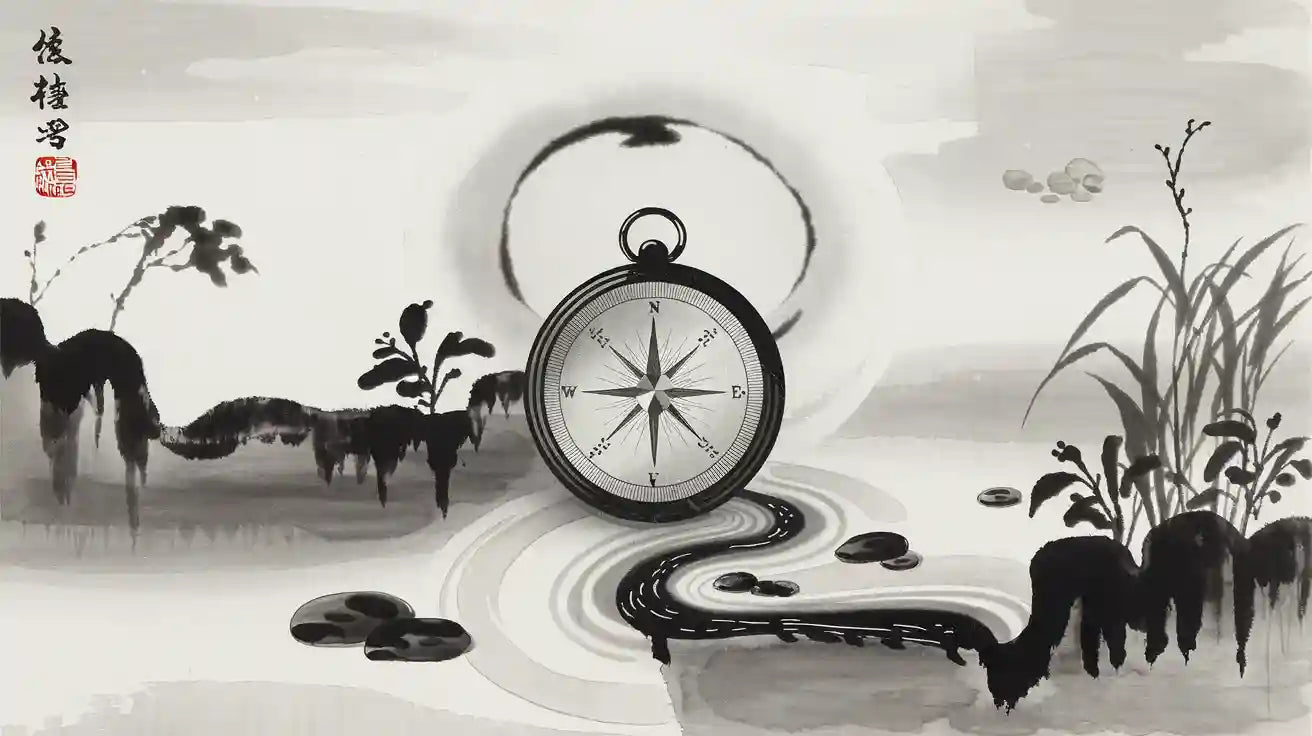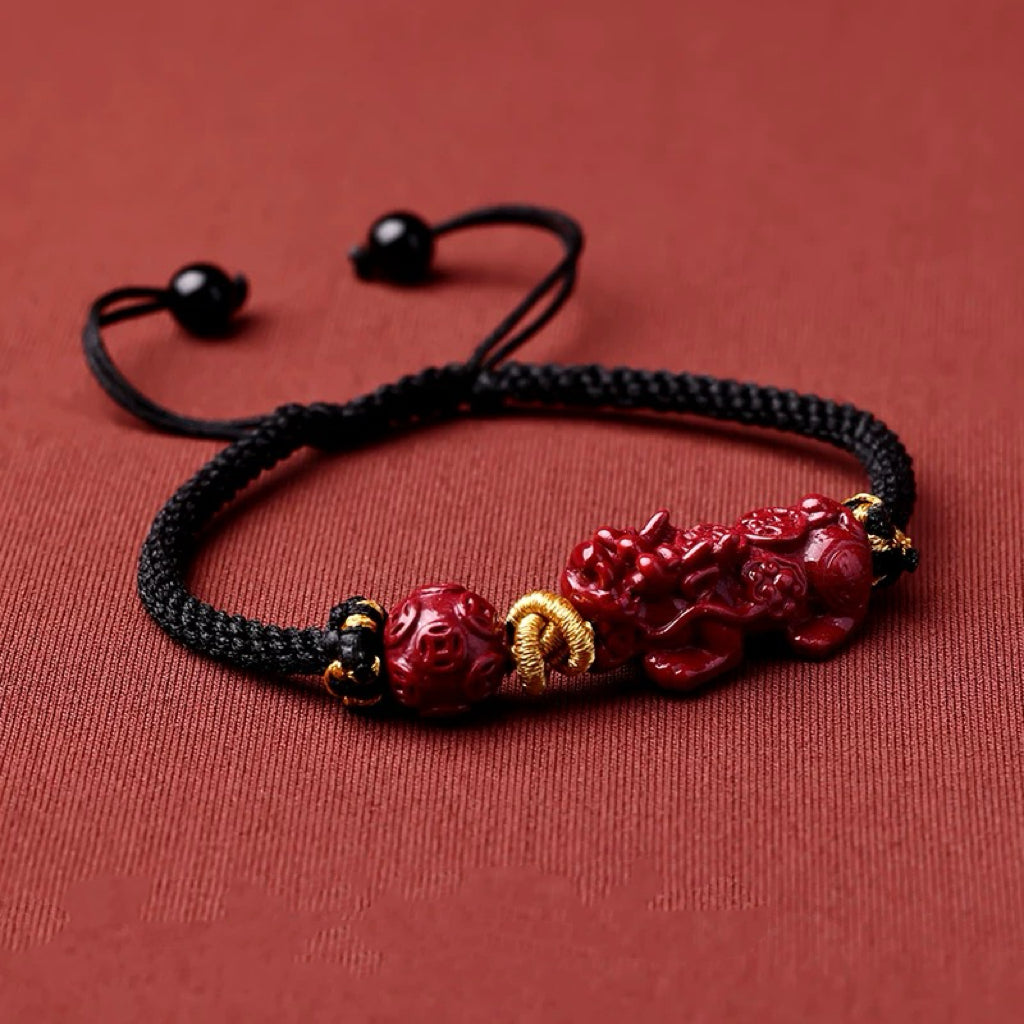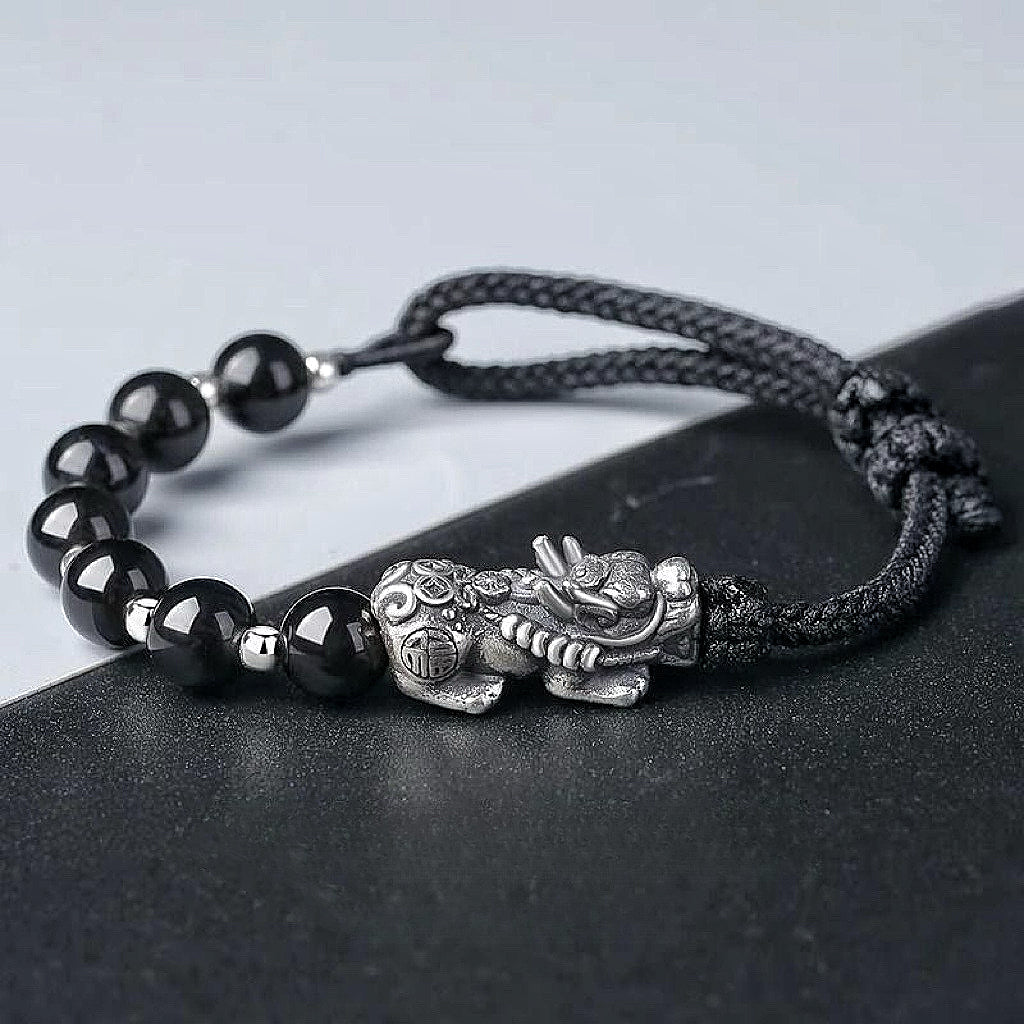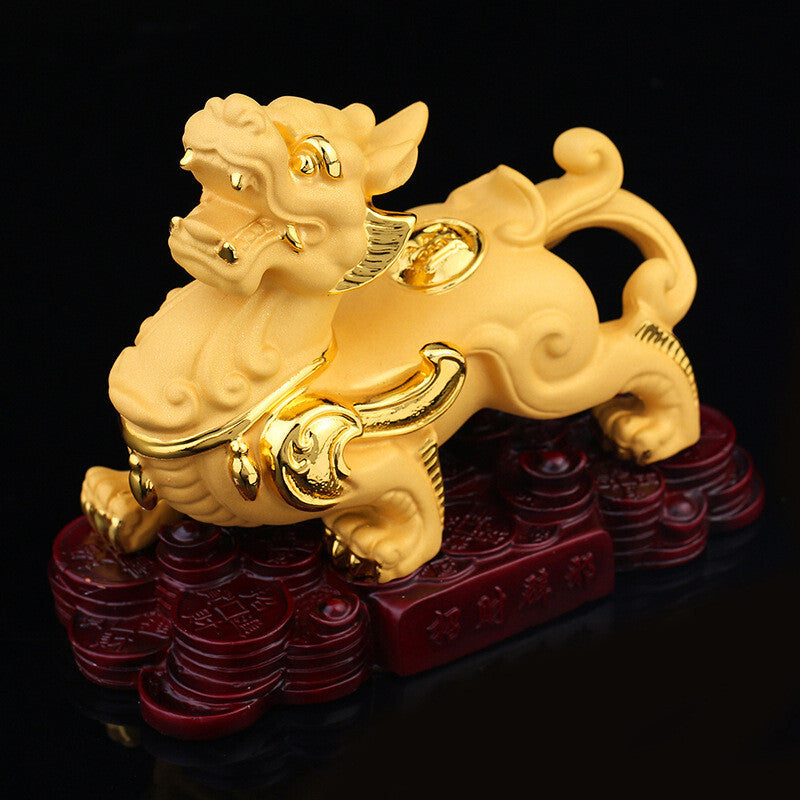You might wonder, is feng shui real or just a placebo effect? Many people report feeling better after making changes based on feng shui. Some studies show that the environment can affect your mood and well-being. Still, scientists do not agree on a clear answer to the question, is feng shui real. The power of feng shui may come from both its ancient wisdom and how you believe it works.
What Is Feng Shui

Origins
Feng shui is an ancient Chinese practice that helps you create a harmonious space by managing the flow of energy. The term means "wind-water." People have used feng shui for thousands of years to guide the placement of homes, graves, and cities. You can see its roots in Neolithic China, where early cultures like Yangshao and Longshan arranged settlements and burial sites to align with natural features. Over time, feng shui grew with the influence of Taoism and the I Ching, adding ideas like Yin and Yang and the five elements of feng shui.
Here is a table that summarizes the historical development of feng shui:
|
Aspect |
Description |
|---|---|
|
Definition |
Feng shui is a traditional Chinese geomancy practice aimed at harmonizing individuals with their environment by managing qi (cosmic energy). It covers astronomy, astrology, architecture, and geography. The goal is to direct the flow of energy through landscapes and structures. |
|
Historical Origins |
Feng shui began in Neolithic China, with evidence from aligned dwellings and tombs. Early people used astronomy and cosmology to guide their choices. |
|
Early Instruments |
Before compasses, people used tools like the gnomon and astrolabe to align buildings with the stars. Later, the luopan compass became important. |
|
Codification |
Ancient texts such as the Kaogong ji and Lu ban jing set rules for city planning and tomb orientation. |
|
Evolution |
Feng shui moved from royal and ritual use to private homes. It became popular after economic reforms in China and spread to other cultures. |
|
Modern View |
Scientists call feng shui a pseudoscience, but it remains important in many cultures and daily life. |
Principles
You can understand feng shui by looking at its core principles. The main idea is to create balance and harmony between you and your environment. Feng shui teaches that energy, called qi, flows through everything. When you arrange your space to support the flow of energy, you invite positive chi and well-being into your life.
The five elements of feng shui—Wood, Fire, Earth, Metal, and Water—play a key role. Each element stands for different qualities and interacts with the others. You can balance the elements in your space by using colors, shapes, and materials that match each one. The balance of Yin and Yang, or opposite forces, also matters. Too much of one type of energy can make a space feel uncomfortable. By adjusting the placement of objects, you help energy flow smoothly and create a harmonious environment.
Feng shui uses tools like the Bagua map, which divides your space into areas linked to parts of your life, such as health, wealth, and relationships. You can use this map to guide the placement of furniture and decorations, helping you focus on your goals.
Tip: When you want to boost positive chi in your home, start by clearing clutter and letting natural light in. This simple step helps energy circulation and makes your space feel more open.
How It Works
You can apply feng shui in many ways. The Form School looks at the shape of the land, the direction your home faces, and the layout of rooms. The Compass School uses the luopan compass and astrological charts to find the best orientation for your space. Both schools aim to improve the flow of energy and create a harmonious setting.
Here are some common methods you might use:
-
Observe the landscape and building orientation to support energy flow.
-
Balance Yin and Yang by choosing the right lighting and colors for each room.
-
Use the five elements to decorate and balance the energy in your space.
-
Apply the Bagua map to align areas of your home with your personal goals.
Studies show that feng shui can affect real-world outcomes. For example, homes near mountain-water landscapes in China often have higher prices. Traditional feng shui forests support more plant and animal life. Buildings designed with feng shui principles can have better air quality and comfort. These results suggest that the way you arrange your space can influence both your well-being and the environment.
When you use feng shui, you focus on the flow of energy and the placement of objects to create a space that feels balanced and full of positive chi. This approach helps you feel more at ease and supports your goals in daily life.
Is Feng Shui Real
Scientific View
You may wonder, is feng shui real from a scientific perspective? Many scientists have looked for clear scientific evidence to answer this question. Most researchers agree that there is no strong scientific consensus about feng shui. Some studies have tried to measure its effects, but the results remain mixed.
A systematic review combined 36 studies that looked at feng shui and its impact. The review found some connections between feng shui and things like housing prices, how people choose homes, and even the diversity of plants and animals in feng shui forests. For example, homes designed with feng shui principles often sell for higher prices in some Chinese communities. The review also found that feng shui can affect comfort, wind flow, and sunlight in a space. However, the review said that the quality and number of these studies are limited. Because of this, you should interpret the evidence with caution. Scientists still debate whether feng shui has a direct effect on human health or well-being.
Another scientific article explored how feng shui relates to architecture and healthy living. The study looked at how natural landscapes, climate, and building design can affect your physical and mental health. Feng shui considers many environmental factors, such as ventilation, indoor air quality, and the way a space is arranged. These factors can influence how you feel in your home or workplace. Still, most scientists say that more research is needed before you can call feng shui a proven science.
Note: While some scientific evidence links feng shui to environmental comfort and property value, there is not enough proof to say it always works for everyone.
Placebo Effect
You might ask, is feng shui real or just a placebo effect? The placebo effect happens when you feel better after a treatment, even if the treatment has no direct physical effect. Many alternative therapies, including feng shui, may work through this effect.
-
Clinical trials show that alternative treatments often do not perform better than placebos.
-
The placebo effect can improve how you feel, especially for things like pain or stress.
-
Placebos do not cure diseases, but they can help you feel more positive.
-
Your belief and expectation play a big role in how strong the placebo effect is.
-
It can be hard for scientists to tell if improvements come from the placebo effect or from natural healing.
A review of clinical trials found that placebos can have small but real effects on how people feel. For example, you may notice less pain or more comfort after using feng shui, even if there is no direct change in your health. This does not mean feng shui is fake. It means your mind and beliefs can shape your experience. Some people see this as a positive outcome, while others remain skeptical.
People in studies often have different views about placebos. Some see them as helpful, while others think they are just tricks. Your culture and personal beliefs can shape how you respond to feng shui and other alternative practices.
Environmental Psychology
Environmental psychology helps explain why feng shui feels real to many people. This field studies how the design and arrangement of a space affect your mood, behavior, and health. Research shows that the way you organize your space can change how you think and feel.
-
Studies show that clutter in a space can cause stress and lower productivity.
-
Arranging your space to allow for better energy flow can make you feel calmer and more focused.
-
Using colors, shapes, and natural elements, as feng shui suggests, can boost positive feelings.
-
The flow of energy in a room, or how easy it is to move and see things, can affect your comfort.
One study used special tools to measure the energy field around the body. The results showed that certain feng shui arrangements could change these energy fields. This suggests that the way you set up your space may have real effects on your body and mind.
Neuroscience research also found that your brain responds to spaces that feel harmonious, cozy, and organized. These qualities match what feng shui aims to create. In hospitals, healthcare workers report feeling better and working more efficiently in well-designed spaces. Women in these studies often notice the effects of space design more than men.
Tip: If you want to feel more positive energy in your home, try decluttering and adding natural light. These simple changes can reduce negative energy and help you feel more at ease.
So, is feng shui real? The answer depends on how you look at the evidence. Scientific evidence does not fully support feng shui as a proven science, but many people find real benefits through belief, environmental changes, and the power of positive thinking.
Supporters’ Views
Personal Stories
You can find many personal stories from people who use feng shui in their daily life. Cara Gibbs, a freelance writer, shared her experience after working with a feng shui practitioner. She changed her home office by moving her desk to a power position, clearing clutter, and adding items that matched the Bagua map. After these changes, she felt more productive and enjoyed her workspace. She noticed a boost in her mood and found herself drawn to her office. Cara believed that even if some effects came from her mindset, the positive changes in her environment made a real difference in her well-being. Many people like Cara say that feng shui brings positive energy and helps them feel more balanced in life.
Cultural Significance
Feng shui holds deep roots in many cultures, especially in China and other Asian communities. Researchers have studied its role in society, showing how it shapes traditions and daily practices. You can see its cultural importance in the way families, businesses, and even cities use feng shui to create harmonious spaces. The table below highlights some key studies on feng shui’s cultural heritage:
|
Researcher(s) & Year |
Type of Evidence |
Key Contribution to Feng Shui Cultural Significance |
|---|---|---|
|
Chen J. (2005) |
Historical Anthropological |
Explores belief, ritual, and vernacular society aspects of feng shui, highlighting its embeddedness in cultural heritage. |
|
Chen Z. (2010) |
Historical Cultural Study |
Documents 500 years of family society and culture in Fujian, showing feng shui as integral to local cultural practices. |
|
Wei Lin |
Ethnographic Study |
Examines disputes over heritage buildings in Southern Fujian, illustrating feng shui's role in heritage management and social practice. |
|
Lin K.-S. (2007) |
Anthropological Reflection |
Discusses feng shui as a spatial practice, emphasizing its cultural importance in social organization. |
|
Wang Q. (2018) |
Legal-Cultural Analysis |
Analyzes legal status of folklore and geomantic disputes, linking feng shui with law and heritage identity. |
|
Pia A. E. (2020) |
Legal and Social Anthropology |
Explores legal fictions and dissent in post-socialist China, showing feng shui's intersection with social identity and law. |
You can see that feng shui is more than a set of rules. It is a living tradition that shapes how people design their homes and manage their lives. Many families use feng shui to seek balance, attract positive chi, and support financial prosperity.
Practical Benefits
Supporters often talk about the practical benefits of feng shui. In one study, researchers interviewed Chinese restaurant owners in four Asian communities. Here are some findings:
-
24% did not believe, while 29% followed feng shui as a precaution or cultural habit.
-
Many owners used feng shui rituals to feel secure and guide business decisions.
-
Feng shui shaped how they arranged their space, hoping to bring positive results and boost money flow.
-
These rituals helped create a positive atmosphere and influenced the way customers felt in the restaurant.
Another study tested how feng shui room design affects people. Participants rated rooms set up with feng shui as more pleasant and expected more social support. This feeling of a harmonious space led to lower anxiety, even if feng shui did not directly change anxiety levels. People often say that feng shui helps them feel more comfortable at home, brings positive energy, and supports their goals in life.
Tip: If you want to try feng shui, start by making small changes in your home. Clear clutter, let in natural light, and arrange furniture to support the flow of energy. These steps can help you create a more positive and balanced space.
Feng Shui in Life

Home and Work
You can use feng shui to transform your life at home and at work. Many people arrange their living spaces to support positive energy and create a sense of balance. Studies show that the way you set up your bedroom can improve sleep quality and well-being. For example, research by Kryžanowski found that changing the placement of your bed and furniture can help you feel more rested. In offices, feng shui principles guide the placement of desks and chairs to support focus and comfort. Some companies use feng shui to shape their business image and workplace culture.
You might notice that homes designed with feng shui often feel more open and peaceful. Designers use ideas like smooth energy flow, natural light, and thoughtful placement of doors and furniture. A project in Vermont combined feng shui with biophilic design to create a wellness-focused living space. The family reported feeling happier and more connected to their environment. In famous buildings like the Hong Kong and Shanghai Bank Headquarters, feng shui shapes the layout without limiting creativity.
KarmaBless offers bracelets and crystals inspired by feng shui. You can wear these talismans to bring harmony and luck into your daily life. Many people keep KarmaBless crystal products in their homes or offices to attract positive energy and support their goals.
Tip: Try placing a KarmaBless bracelet near your workspace or bedside. This simple step can help you feel more balanced and focused throughout your day.
Experiences
People who use feng shui often share stories about positive changes in their lives. Surveys with feng shui scholars and practitioners show that experience shapes how they judge the importance of different home taboos. Most practitioners say that arranging their space with feng shui in mind helps them feel more comfortable and secure. Some report that small changes, like moving a bed or adding a crystal, make a big difference in their mood and energy.
You can also find many personal accounts online. People describe how clearing clutter, adjusting furniture placement, and using feng shui-inspired products like KarmaBless bracelets lead to a sense of transformation. These stories highlight how feng shui can support wellness-focused living and help you create a space that matches your goals.
Case Studies
Case studies show how feng shui works in real life. In one study, researchers measured how feng shui principles affect home design in Korea. They created ten indices to test different house types. The results showed that homes with good energy flow and thoughtful placement of doors and furniture supported better living conditions.
Other studies look at famous buildings and workplaces. The Getty Center and Sydney Opera House both use feng shui ideas to shape their layouts. These designs help people feel comfortable and inspired. Practical guidelines suggest placing doors to allow smooth energy flow, avoiding sharp edges near beds, and choosing colors that boost comfort.
You can use feng shui in your own life by making small changes. Place a KarmaBless crystal tree in your living room to attract positive energy. Wear a Luck & Wealth Red String Pixiu Feng Shui Bracelet to invite prosperity. These simple steps can help you transform your life and create a balanced, welcoming home.
Myths and Facts
What It Can Do
You might wonder what feng shui can actually do for you. Experts explain that feng shui works by balancing the five elements—wood, fire, earth, metal, and water—in your environment. When you arrange your space with these elements in mind, you can create a sense of harmony and well-being. Feng shui masters have helped design major city spaces, such as Times Square, to improve energy flow and comfort. These projects show that feng shui can influence how people feel in a space.
Recent studies also show that feng shui can affect your comfort and mood. Researchers used virtual reality to compare rooms designed with and without feng shui. People in feng shui spaces felt calmer and more relaxed. Their bodies showed signs of lower stress. This evidence suggests that feng shui can help you feel better in your home or office. You do not need to believe in magic to enjoy these benefits. Simple steps, like arranging furniture for better flow or adding plants, can make a difference.
Tip: Start by making your home clutter-free. When you cut the clutter, you help energy move smoothly and create a more peaceful space.
Common Myths
Many people believe myths about feng shui. Some think it is just superstition or a set of strict rules. Others believe you must buy expensive items or follow complicated rituals. These ideas are not true. Feng shui is not about magic or luck charms. It is about creating balance and harmony in your space.
A popular myth says that feng shui only works in Asian cultures. In reality, anyone can use its principles. The Interior Design Institute explains that feng shui focuses on smooth energy flow and clutter-free spaces. You do not need to follow every rule. Instead, you can use feng shui to support your health, creativity, and happiness.
Some skeptics point out that different practitioners may give different advice for the same space. This happens because feng shui is often tailored to your needs and goals. While some claims lack scientific backing, many feng shui tips match good interior design practices, such as keeping entryways clear and arranging furniture thoughtfully.
Remember: You do not need to buy special products. Focus on how your space feels and cut the clutter for the best results.
Fact vs. Fiction
You may find it hard to tell fact from fiction when it comes to feng shui. Some claims, like the idea of invisible energy called "chi," do not have scientific proof. Scientists say that terms like "energy" and "vibration" are often used in vague ways. There is no clear evidence that these forces exist in the way feng shui describes them.
A good way to separate fact from fiction is to look for reliable research. Some studies show that feng shui can improve comfort and mood, but they do not prove that mystical forces are at work. Experts suggest using critical thinking and checking sources before accepting any claim.
A professional consultant says you should look for well-designed studies and avoid those with poor methods. This approach helps you make informed choices about feng shui. Science teachers even use feng shui as an example to teach students how to spot pseudoscience and think critically.
|
Claim |
Fact or Fiction? |
What You Should Know |
|---|---|---|
|
Feng shui brings luck |
Fiction |
No scientific proof for luck, but good design can help you feel better. |
|
Clutter-free spaces boost energy |
Fact |
Studies show that clean, organized spaces improve mood and focus. |
|
You must follow strict rules |
Fiction |
Feng shui is flexible and can be adapted to your needs. |
Note: Use feng shui as a tool to improve your space, not as a guarantee for wealth or luck.
Should You Try Feng Shui
Pros and Cons
When you think about trying feng shui, you may want to weigh the pros and cons. Many people find that feng shui helps them see their space in a new way. The main benefit comes from its focus on harmony and balance. Feng shui encourages you to arrange your home to support comfort and well-being. Some studies show that these ideas match good design and environmental psychology. You may notice that a tidy, well-lit room can lift your mood.
However, some core ideas in feng shui, like the flow of "qi," do not have strong scientific proof. Most research finds that feng shui overlaps with common design practices. The biggest value may be in its philosophy, which helps you think about your space and how it affects your life. There are no clear cost-benefit studies or lists of pros and cons from experts. You will not find a simple answer, but you can use feng shui as a tool to improve your surroundings.
|
Pros |
Cons |
|---|---|
|
Encourages harmony and order |
Lacks scientific validation for "qi" |
|
Matches many design principles |
Some ideas may seem superstitious |
|
Can boost mood and comfort |
No clear cost-benefit guidelines |
Note: Feng shui works best when you use it to support your own sense of comfort and happiness.
Tips
If you want to try feng shui, start with small steps. You do not need to change everything at once. Here are some easy tips:
-
Clear clutter from your home to help energy move freely.
-
Let in natural light to brighten your space.
-
Use the five elements—wood, fire, earth, metal, and water—to create balance.
-
Place furniture so you can move easily and see the door from where you sit.
-
Add plants or crystals to bring nature indoors.
You can also use a Bagua map to match areas of your home with parts of your life, like health or wealth. Many people find that even small changes can make their home feel more peaceful.
When to Consider
You might wonder when feng shui could help you most. Experts suggest using feng shui as a complement to other design and wellness practices. Here are some times to consider it:
-
When you want to create a calm space for rest or study.
-
If you feel stuck or unhappy in your home or work area.
-
When you plan to move or redesign a room.
-
If you want to support your mental and emotional well-being.
-
When you seek a fresh start in your life or want to mark a new chapter.
Feng shui can guide you to arrange your home for better energy flow. You may also choose to consult a feng shui expert if you want deeper advice. Many people use feng shui along with other methods, like color psychology or biophilic design, to create spaces that support a happy and healthy life.
Tip: Try adding a small water feature or a plant to your living space. These simple changes can help you feel more connected to your environment.
The Debate
Ongoing Questions
You may notice that people still ask many questions about feng shui. Some experts use new tools to measure how facing different directions can change your inner energy, or "chi." These studies use methods like AcuGraph aura examination and Pranic Scanning. Results show that certain directions may boost your energy and health. This helps settle some arguments among feng shui masters about which directions are best. Researchers also compare feng shui with other systems, such as Vastu Shastra, to see if the results match.
You will find that debates continue about how much science supports feng shui. Some scholars say that feng shui shares ideas with environmental psychology and green building design. Others point out that the main idea of "qi" still needs more research. Many experts agree that feng shui has strong philosophical roots. These ideas can help architects and designers think about how spaces affect people, even if not every rule has scientific proof.
-
Some studies use new technology to measure the effects of feng shui directions on energy.
-
Results show certain directions can improve health and energy.
-
Researchers compare feng shui with other traditions to find common ground.
-
Scholars debate how much science supports feng shui and call for more research.
-
Many agree that feng shui's ideas help shape modern architecture and design.
Belief and Intention
Your belief in feng shui can shape how well it works for you. Many people find that when they set a clear intention and trust the process, they feel better in their space. You might notice that making changes with a positive mindset brings more comfort and peace. Some people use feng shui as a way to focus on their goals, like health or success. Others see it as a way to connect with their culture or family traditions.
You do not need to believe in every part of feng shui to see results. Sometimes, just thinking about how your space feels can help you make better choices. When you pay attention to your environment, you may find new ways to support your well-being. Your intention and attitude play a big role in how you experience feng shui.
Remember: Your mindset can make a difference. If you approach feng shui with an open mind, you may notice more positive changes in your life.
Future Research
Researchers want to learn more about how feng shui works. They plan to study feng shui in different countries, not just in Taiwan. This will help them see if feng shui affects property prices in many places. They also want to watch how changes in feng shui features affect homes over time. By using interviews and surveys, they hope to understand what homebuyers think about feng shui and why it matters to them.
Here are some ways researchers plan to improve future studies:
-
Study feng shui in more countries to see if results are the same everywhere.
-
Use long-term studies to watch changes over time.
-
Ask people about their beliefs and experiences with feng shui.
-
Compare homes with and without feng shui features.
-
Look at other factors, like location and neighborhood, to see how they work with feng shui.
-
Visit homes in person or use better images to collect more accurate data.
You can expect more answers as research grows. Scientists hope that new studies will help everyone understand feng shui better and show how it can fit into modern life.
You have seen that feng shui sparks debate. Some studies compare feng shui with science and test its effects in real spaces. Reviews show that feng shui shares ideas with environmental psychology and green design. Researchers find no strong proof for qi, but many people value feng shui’s philosophy. If you want to try feng shui or KarmaBless products, start small and notice how your space feels. Trust your own experience and make choices that fit your life.
FAQ
What is feng shui in simple terms?
Feng shui is a way to arrange your space so you feel balanced and comfortable. You use colors, shapes, and objects to help energy flow well in your home or office.
Can anyone use feng shui, or do you need special training?
You can use basic feng shui tips without training. Start by clearing clutter and letting in light. If you want deeper advice, you can talk to a feng shui expert.
Do feng shui bracelets and crystals really work?
Many people say they feel calmer and luckier when they wear feng shui bracelets or use crystals. Your belief and intention can make these tools more meaningful for you.
Is feng shui only for homes, or can you use it at work?
You can use feng shui at work, too. Try placing your desk so you see the door, or add a plant for fresh energy. These changes can help you focus and feel better.
How do I start using feng shui in my space?
Tip: Begin by cleaning your room and removing things you do not need. Let sunlight in and add a plant or crystal. Small steps can make your space feel more peaceful.
Are there any rules I must follow in feng shui?
Feng shui has guidelines, not strict rules. You can adapt ideas to fit your style and needs. The most important thing is to create a space where you feel good.
Can feng shui help with stress or sleep?
Yes, many people use feng shui to feel less stressed or to sleep better. A tidy, calm bedroom with soft colors and good air flow can help you relax and rest.
Do I need to buy special products to practice feng shui?
You do not need to buy anything special. Simple changes, like moving furniture or adding a plant, can help. If you want, you can use items like KarmaBless bracelets or crystals for extra support.









